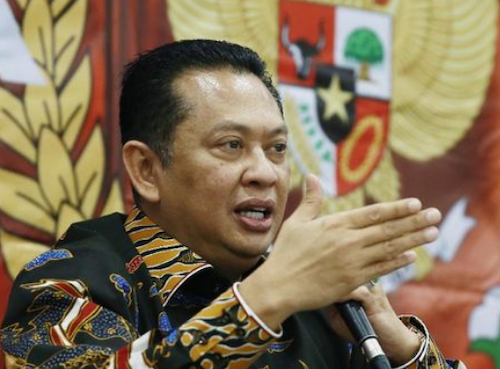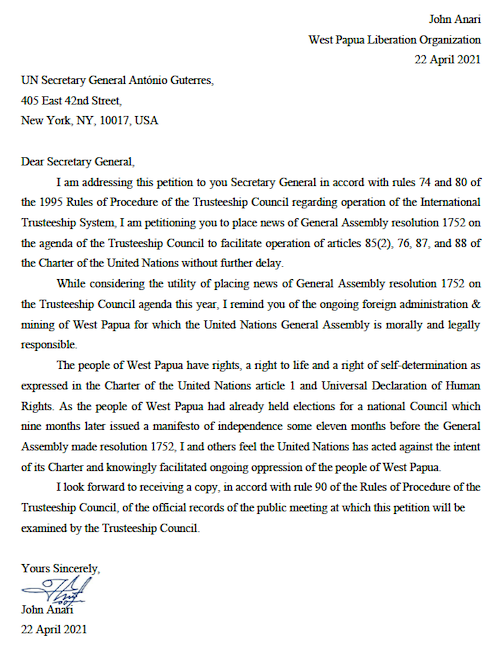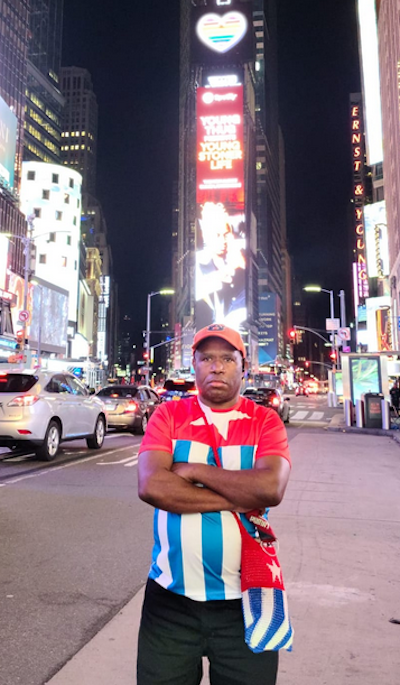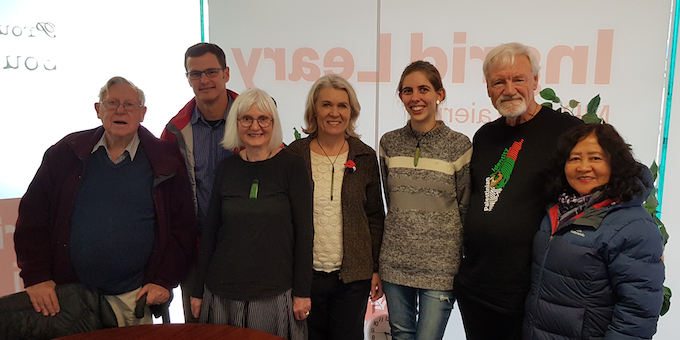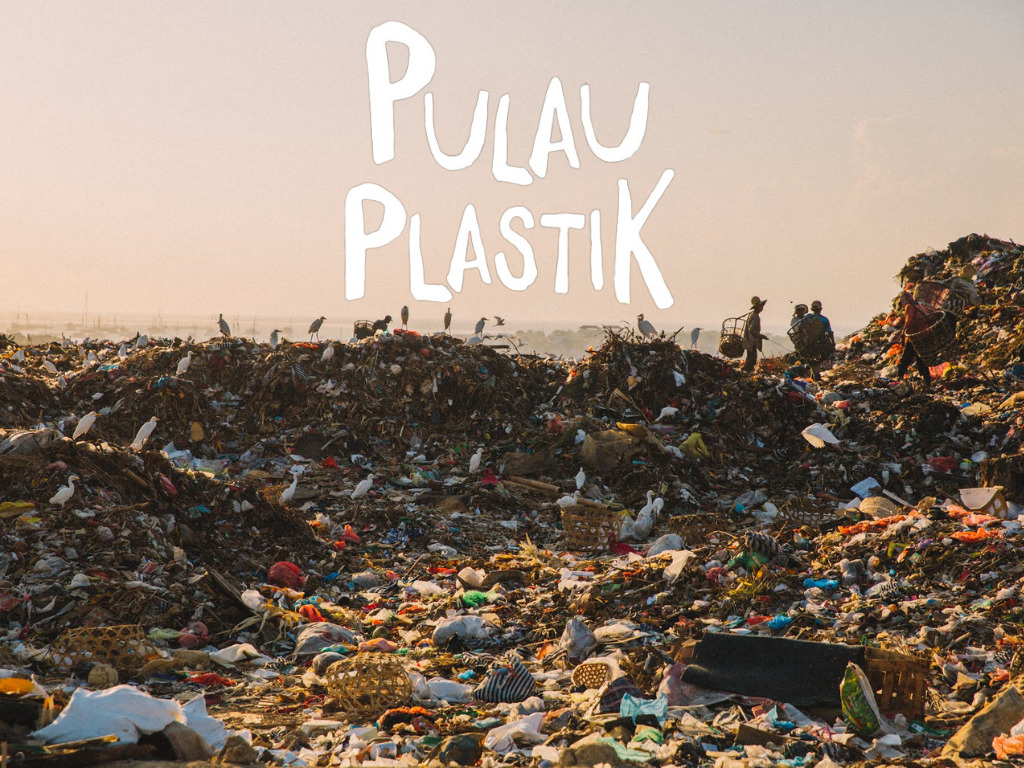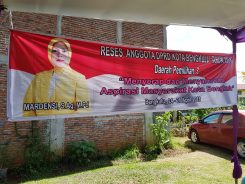By David Robie
Branding armed Papuan groups as “terrorists” has sparked strong condemnation from human rights groups across Indonesia and in West Papua, some describing the move as desperation and the “worst ever” action by President Joko Widodo’s administration.
Many warn that this draconian militarist approach to the Papuan independence struggle will lead to further bloodshed and fail to achieve anything.
Many have called for negotiation to try to seek a way out of the spiralling violence over the past few months.
- READ MORE: Indonesia declares Papua KKB a terrorist organisation
- Indonesia declares Papuan rebels terrorists
- Indonesian double standards over press freedom endanger safety of Papuan journalists – David Robie
Ironically, with the annual World Press Freedom Day being observed on Monday many commentors also warn about the increased dangers for journalists covering the conflict.
Setara Institute for Peace and Democracy chairperson Hendardi (Indonesians often have a single name) has criticised the government’s move against “armed criminal groups” in Papua, or “KKB)”, as they are known by military authorities.
The move to designate them as terrorists is seen as a short-cut and an expression of the government’s “desperation” in dealing with the Papuan struggle for independence.
“The labeling of resistance groups in Papua will not break the long and recurring cycle of violence”, Hendardi said, according to a report in Merdeka by Yunita Amalia.
Failure of the security forces
Hendardi said that the failure of security forces to cripple armed groups in Papua had largely been caused by the lack of support and trust by local people.
This was as well as the difficult and rugged terrain while local resistance groups were very familiar with their mountainous hideouts.
“The terrorist label and the subsequent [military] operations is Jokowi’s [President Joko Widodo] worst ever policy on Papua,” he claimed.
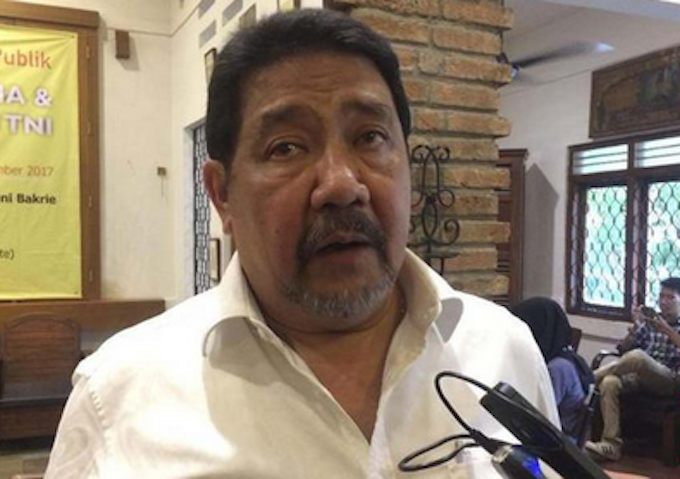
Yesterday, the government declared that the so-called KKB were terrorists, following a string of clashes with security forces that saw the region’s intelligence chief, one police officer and at least five guerrilla fighters killed.
Coordinating Minister for Security, Politics and Legal Affairs Mahfud MD officially announced that the Papuan KKB had been included in the category of terrorist organisations.
He cited Law Number 5/2018 on the Eradication of Terrorism as a legal basis.
“The government considers that organisations and people in Papua that commit widespread violence are categorised as terrorists,” Mahfud told a media conference broadcast on the ministry’s YouTube channel.
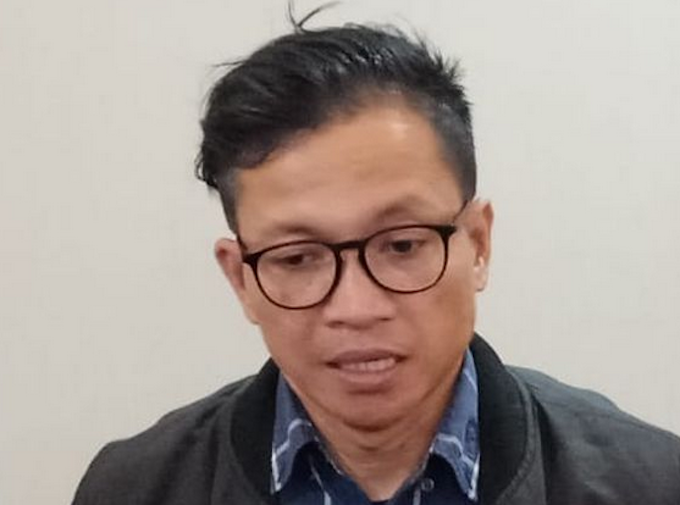
Amnesty International Indonesia said the move had the potential to add to a long list of human rights violations in the region.
Amnesty International executive director Usman Hamid believes that branding the armed groups terrorist will not end the problems or human rights violations in Papua.
“Even if they are so easily labelled terrorist, this will in fact have the potential of adding to the long list of human rights violations in Papua,” Hamid told Kompas.com.
Based on Amnesty International Indonesia’s records, there were at least 47 cases of extrajudicial killings committed by Indonesian security forces between February 2018 and December 2020 resulting in the death of about 80 people.
Also, already in 2021 there had been five cases of alleged extrajudicial killings by security forces resulting in the death of seven people, said Hamid.
“The government should focus on investigating these cases and ending the extrajudicial killings and other human rights violations by law enforcement agencies in Papua and West Papua, rather than focus on the terrorist label,” he said.
‘Transparent, just, accountable’ law enforcement
National Human Rights Commission (Komnas HAM) Deputy Commissioner Amiruddin Al-Rahab said he was disappointed with the government’s decision.
“Pak Menko [Mr Security Chief] announced that the solution is to add the terrorist label. Speaking frankly I feel disappointed with this”, said Al-Rahab.
Al-Rahab believes that it is more important to prioritise “transparent, just and accountable” law enforcement as the way to resolve the Papua problem rather than labelling armed groups in Papua as terrorists.
“It is far more important to prioritise this rather than transforming labels,” he said.
The United Liberation Movement for West Papua (ULMWP) has also criticised the Indonesian government’s decision, dismissing the “terrorist label” as a colonial creation.
ULMWP executive director Markus Haluk said that the government often attached “certain labels” on the Papuan nation which were intentionally created.
“The terms KKB, GPK [security disturbance groups] and so forth are terms created by Indonesian colonialism, the TNI [Indonesian military] and the Polri [Indonesian police]. So, the Papuan people don’t recognise any of these”, Haluk told CNN Indonesia.
Haluk said that the National Liberation Army (TPN) and the OPM (Free Papua Organisation) were born out of a humanitarian struggle and that they opposed humanitarian crimes and systematic racist politics.
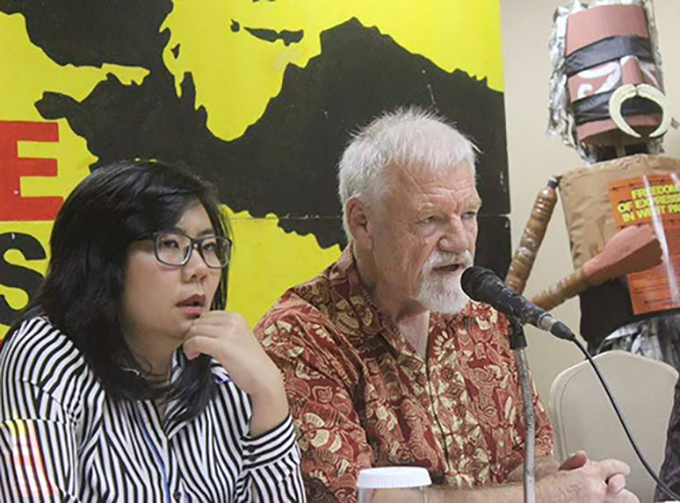
Severing attempts for peaceful solution
Lawyer and human rights activist Veronica Koman condemned the Indonesian government’s move.
Through her personal Twitter account @VeronicaKoman, she said that the decision would sever attempts to find a peaceful resolution to the conflict in Papua.
“Indonesia has just burnt the bridge towards a peaceful resolution,” she wrote in a tweet.
Indonesia has just declared the West Papua National Liberation Army a terrorist organisation.
Indonesia has just burnt the bridge to a peaceful resolution. Expect escalating armed conflict and human rights abuses.
— Veronica Koman 許愛茜 (@VeronicaKoman) April 29, 2021
Koman believes that the label could trigger an escalation in the armed conflict in the “land of the Cenderawasih”, as Papua is known. Not to mention, she said, concerns over possible human rights violations.
The OPM declared that it would challenge the decisions with the International Court of Justice (ICC).
The ICC is the United Nation’s top judicial body whose principle function is to hear and resolve disputes between member nations.
“The TPNPB [West Papua National Liberation Army] already has lawyers, we will send two of our lawyers [to the ICC] if Indonesia is prepared to include the TPNPB as a terrorist organisation, so we are very much ready to take the issue to the International Court”, said TPNPB-OPM spokesperson Sebby Sambom.
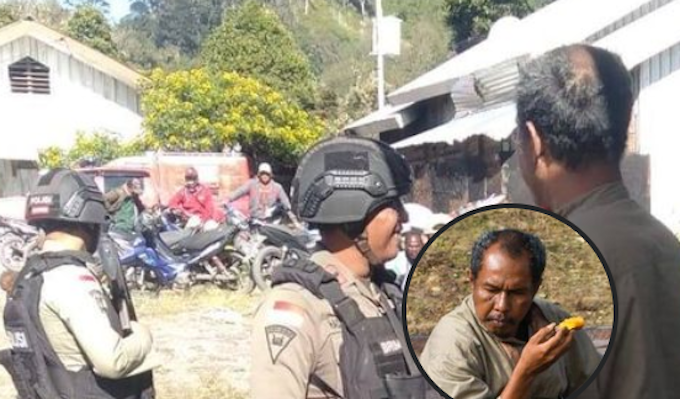
Threats to balanced media
Meanwhile, a prominent Papuan journalist, Victor Mambor, has expressed concern about the implications for media people trying to provide balanced coverage of the Papuan conflict.
Mambor, founding editor of Tabloid Jubi, contributor to The Jakarta Post, and a former Papuan advocate for the Alliance of Independent Journalists (AJI), is among many media people who have been targeted for their robust reportage of the deteriorating situation in Papua and human rights violations.
Just last week his vehicle had its windows smashed and it was daubed with spray paint. The attack was featured in Suara Papua, but as he admits this was just the latest of a series of attacks and attempts at intimidating him in his daily journalism.
Mambor, who visited New Zealand in 2013, told Asia Pacific Report that there had been no progress so far in the investigation into the attack. A police forensics team had checked his car.
“I am not worried about my safety because if have experienced a lot of terror and intimidation that has let me know how to deal with these actions against me,” he said. “Even worse things have happened to me.
“But I’m worried about my family and colleagues at Jubi.”
The recent threats by the Speaker of the Parliament in Jakarta, Bambang Soesatyo, and the latest branding of resistance groups in Papua have created an even more difficult environment for working journalists just at a time when the World Press Freedom Day is coming up on May 3 with a related UNESCO Asia-Pacific media safety seminar in Jakarta today.
“These developments have an impact on media workers like me or fellow journalists at Jubi who try to maintain a ‘covering both sides’ principle to report on the conflict in Papua,” he said.
“The terror attack that I experienced explains that. Journalists who report on the Papua conflict with a different perspective other than what the security forces want will be subject to problems and pressure. This is what I’m worried about.
“However, I am also worried about the continued existence of a single narrative developed by the security forces on the conflict and armed violence in Papua.”
With thanks to some translations by James Balowski for IndoLeft News.
This post was originally published on Asia Pacific Report.



